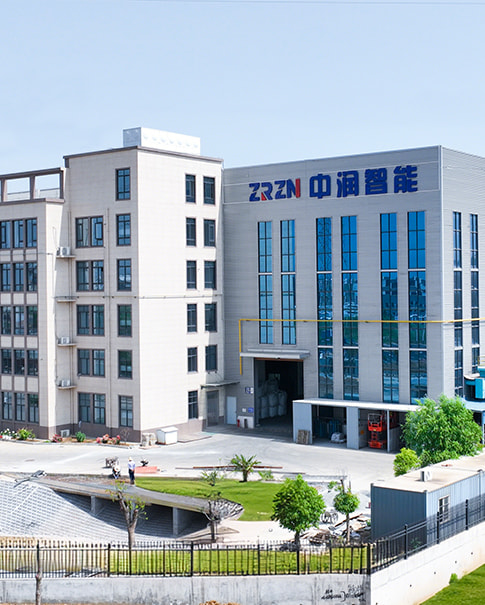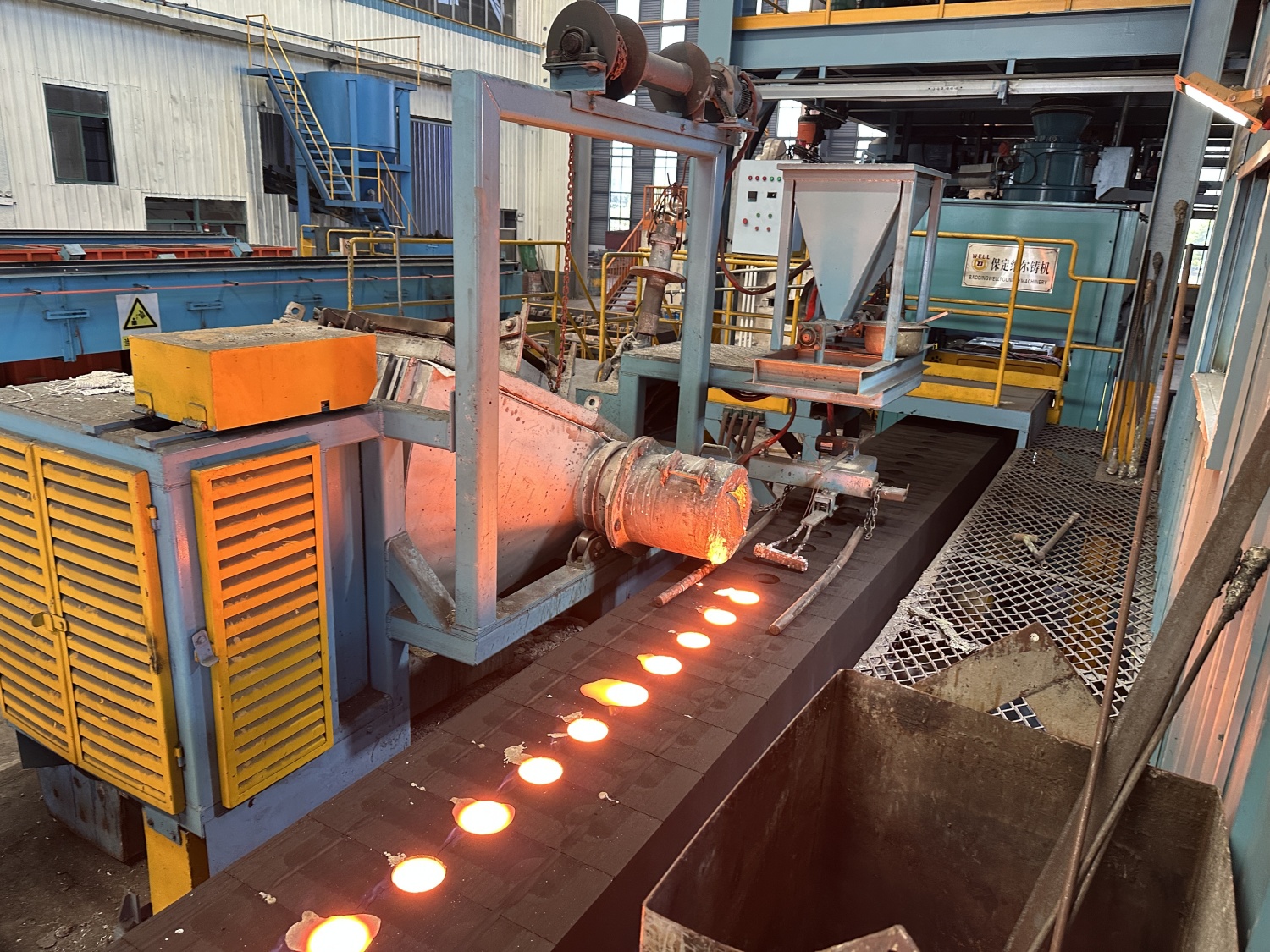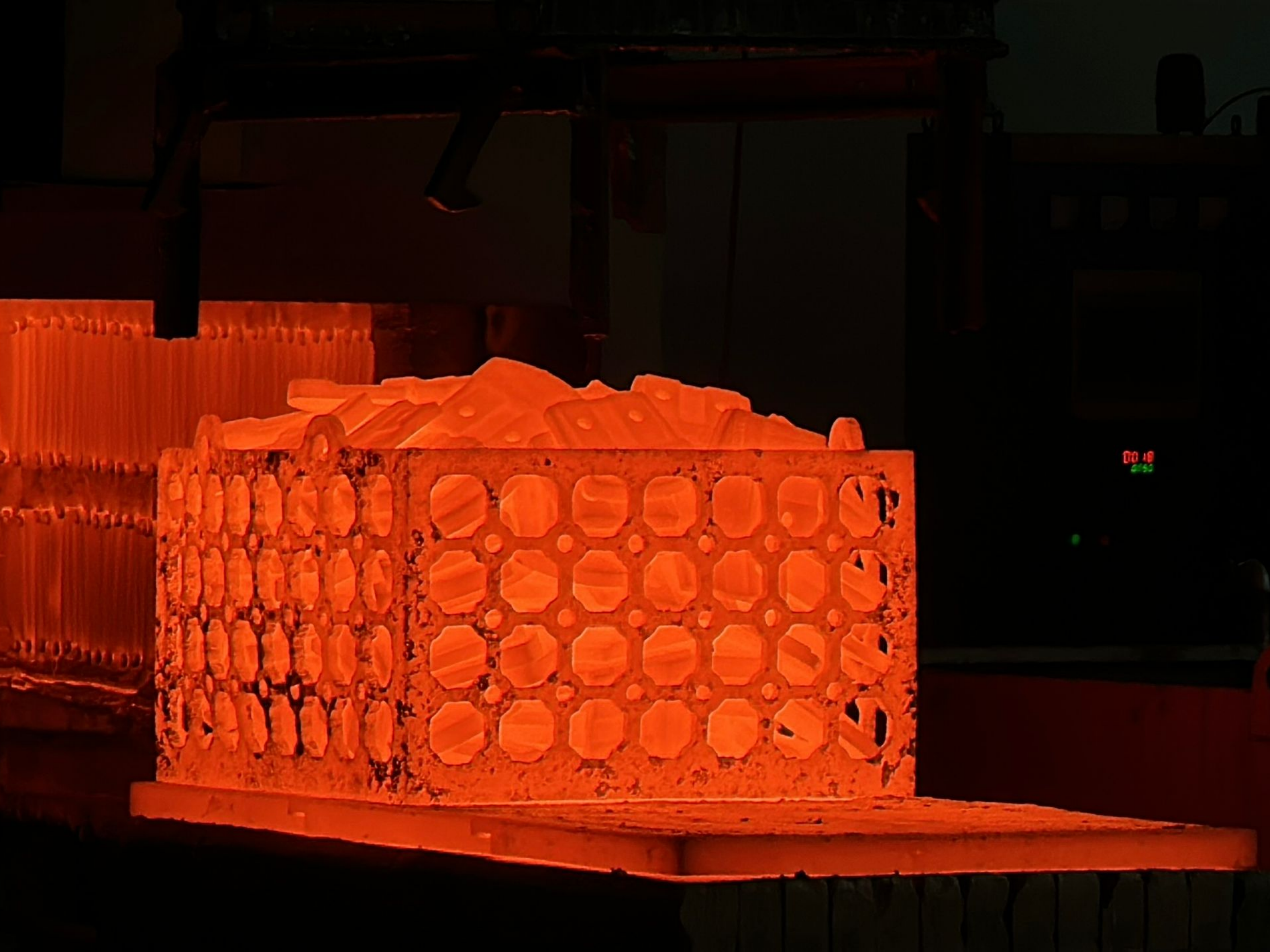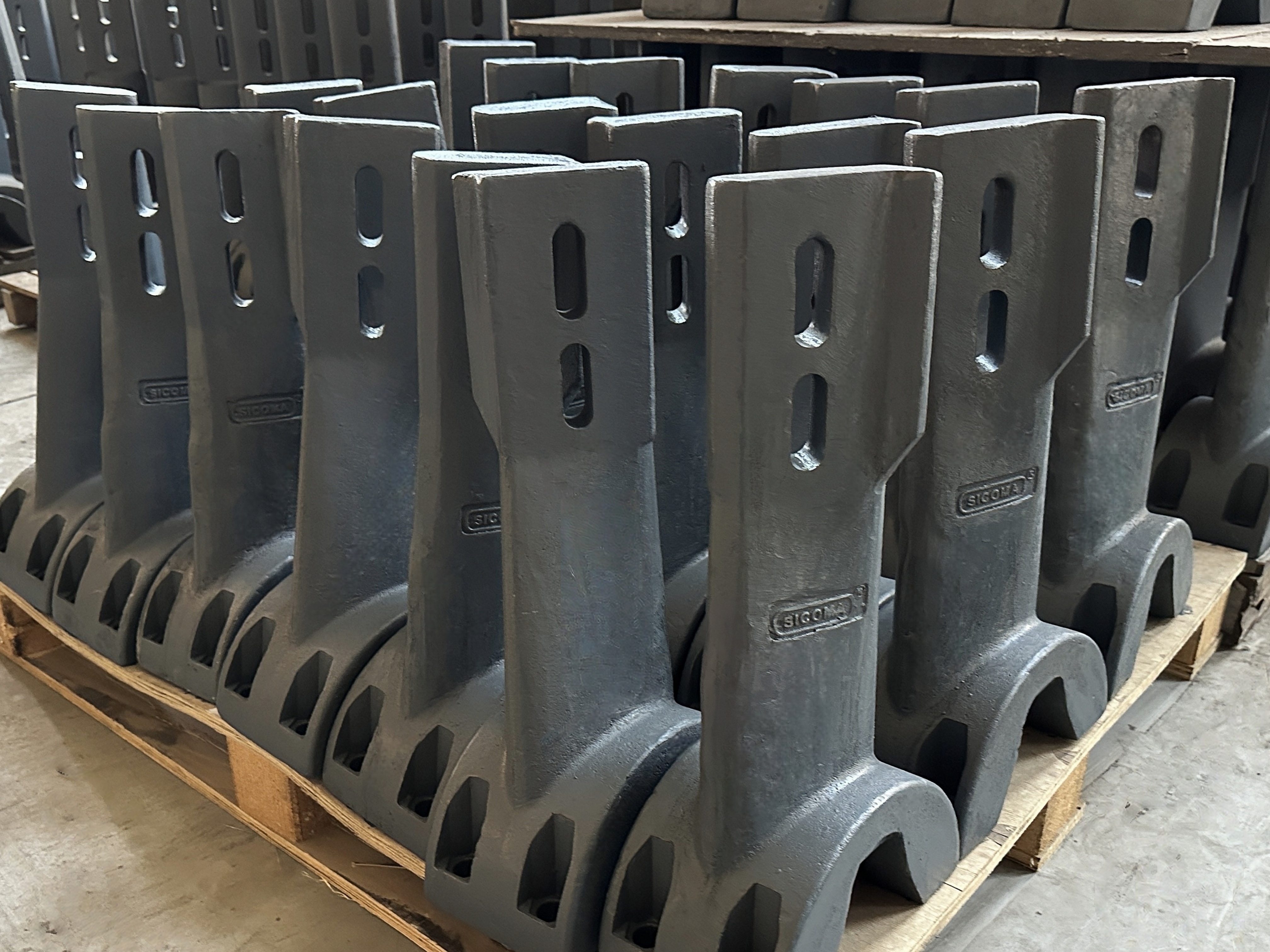What Are You Looking For?
What Are You Looking For?

Ever wondered why some concrete mixer parts seem to crumble under pressure while others endure relentless abrasion? The secret weapon lies deep within the metal itself. For foundries specializing in these critical components, mastering wear-resistant alloys isn't just an option; it's the foundation of reliability and performance. Let's dive into the metallurgy that keeps mixers churning.



Concrete is notoriously abrasive, acting like liquid sandpaper on mixer blades, liners, and discharge gates. Standard steels simply lack the hardness and microstructural integrity needed for long-term survival. This is where high-chromium white iron alloys and sophisticated chrome carbide composites become game-changers. These specialized alloys are engineered at the molecular level, forming incredibly hard carbides (like chromium carbides, Fe7C3) embedded within a tough metallic matrix. Research, such as studies cited in the International Journal of Metalcasting, consistently shows that alloys rich in chromium and carbon develop a dense network of these hard phases, creating a near-impenetrable barrier against gouging, grinding, and high-stress abrasion – the exact forces present in every concrete batch.
Choosing the right alloy isn't a one-size-fits-all decision. Optimal performance demands matching the wear-resistant alloy precisely to the mixer's specific wear zone and operating conditions. For maximum impact resistance in high-stress areas like mixer blades, alloys with a balanced carbide structure and moderate hardness (like Ni-Hard 4) might be ideal. Conversely, for liners facing constant sliding abrasion, ultra-hard high-chromium white iron with its massive volume of interconnected chrome carbide networks offers superior longevity. Foundries leveraging advanced heat treatment protocols can further refine these microstructures, enhancing toughness without sacrificing crucial hardness, ensuring parts resist cracking under heavy loads. Partnering with a foundry that understands this nuanced metallurgical selection and processing is paramount.
The payoff for getting the metallurgy right is substantial. Specifying truly optimized concrete mixer parts crafted from advanced wear-resistant alloys translates directly to operational efficiency. Downtime plummets as parts last significantly longer between replacements. Maintenance costs shrink, and overall mixer productivity soars. While the upfront cost might be slightly higher than generic parts, the total cost of ownership over the component's extended lifespan is dramatically lower. As noted in a Journal of Materials Engineering and Performance analysis, the economic advantage of high-performance wear materials in abrasive environments is undeniable, often yielding returns many times the initial investment.
Stop the cycle of premature wear and costly downtime. Understanding the critical role of specialized wear-resistant alloys empowers you to make smarter decisions for your concrete mixing equipment. By demanding components forged from proven high-chromium white iron and precision-engineered chrome carbide composites, you invest in unparalleled durability, efficiency, and long-term value for your operation. Ready to upgrade your mixer's resilience? Request a consultation on our advanced alloy analysis for your specific wear challenges.